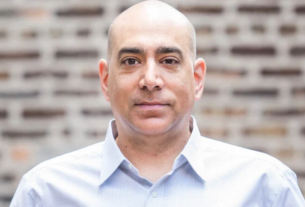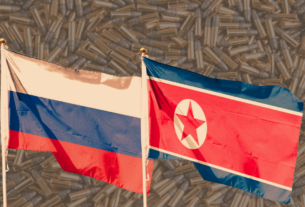Prince Hisahito, the 18-year-old nephew of Emperor Naruhito, made his official debut in front of the press. As second in line to the throne, he is preparing for future responsibilities in Japan’s imperial family.
“You are witnessing a key moment in Japan’s history,” a royal commentator said. Hisahito is the first male heir in generations, making his role significant.
Hisahito, who recently graduated from high school, will begin studying at the University of Tsukuba in April. His academic focus will be on humanities and social sciences.
“You might wonder how his education will shape his future,” the expert added. His studies are expected to prepare him for leadership within Japan’s imperial system.
The prince expressed gratitude for the support he has received. He acknowledged the importance of his position and the responsibilities ahead.
“You should know that he is carefully preparing for his role,” a historian explained. The Japanese monarchy follows strict traditions, and every public appearance matters.
Unlike many royal families, Japan’s imperial succession is strictly limited to male heirs. Hisahito remains the only eligible successor after his uncle, Crown Prince Fumihito.
“You are seeing a rare moment in modern Japanese history,” the historian noted. With no other male heirs, Hisahito carries the weight of the monarchy’s future.
Japan’s imperial law does not allow women to ascend the throne. This has sparked debates about whether the country should consider reforms.
“You may have heard discussions about changing succession rules,” a political analyst said. Public opinion polls show strong support for allowing female emperors.
Hisahito’s appearance was carefully planned to introduce him to the public. Unlike previous emperors, he grew up in a more modern environment with relatively fewer public duties.
“You might notice a shift in royal traditions,” the analyst explained. The monarchy is adapting to changing times while maintaining centuries-old customs.
The prince was composed and confident in his first press conference. He spoke formally, avoiding personal opinions, as is customary for members of the imperial family.
“You can see the careful approach taken in his public image,” a royal expert noted. Every word and gesture is closely watched by the Japanese public.
Despite his royal status, Hisahito has led a relatively private life. He attended a standard public school before transferring to a prestigious high school.
“You may find it surprising that he had a more typical upbringing,” the expert added. The decision to enroll him in regular schools was part of an effort to modernize the monarchy’s image.
Hisahito’s future responsibilities will increase as he grows older. He will gradually take on more official duties, including public appearances and ceremonial roles.
“You should expect to see him in more formal engagements soon,” a palace insider revealed. His training will follow the path set by previous emperors.
Many in Japan are watching his development closely. The imperial family remains a symbol of national unity, and Hisahito’s role will be crucial in the coming decades.
“You are witnessing the early stages of a new royal era,” the expert said. Hisahito’s public presence will likely expand in the years ahead.
The issue of imperial succession remains unresolved. Without changes to the law, Hisahito may be the last direct male heir for generations.
“You may see renewed debates over Japan’s succession rules,” the analyst noted. Any potential reforms would require major political and cultural shifts.
For now, Hisahito remains focused on his education. He will balance academic life with gradual preparation for his future responsibilities.




